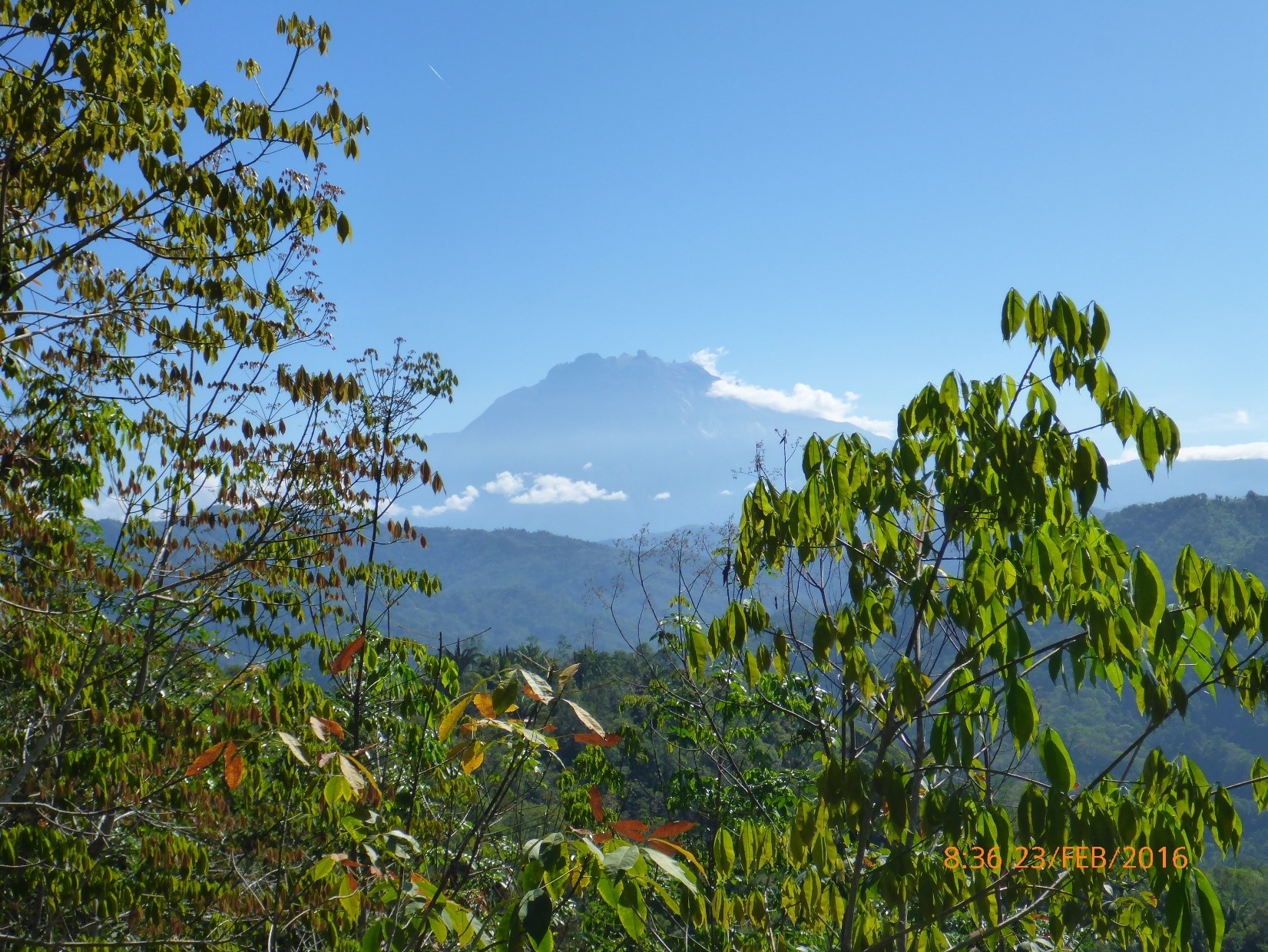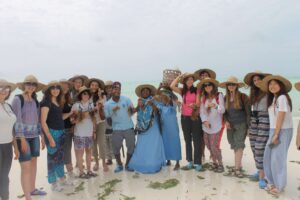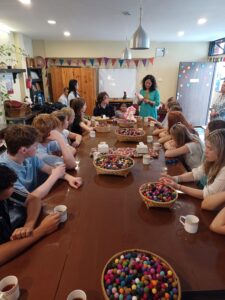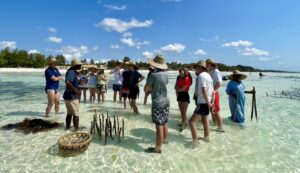

Why are we talking about Social Justice?
Today, February 20th, is the UN World Day of Social Justice ‘promoting decent work and a fair globalization agenda focused on fundamental rights’. This is a great opportunity to reflect on some of the biggest challenges facing us as we work towards a better and more sustainable future for our planet. The UN highlights that ensuring fair employment opportunities is key to this.
At Global Action, social justice is one of the three pillars of our Global Learning Programme. We too recognise that just and equitable opportunities are essential for a fairer future for all. This means giving voice and opportunities to all, regardless of gender, race, disability or location, for a peaceful and sustainable society. It is often in the margins where the ideas, worldviews, creativity and skills can be found that will enable just and equitable transitions to a more sustainable future.
The Role of Global Action – Cultivating Empathy and Cultural Understanding
We are not just interested in the theory of social justice, but how we can contribute as global citizens. Global Action’s global learning programme offers a unique opportunity for students to experience the reality of these challenges in a different cultural context. A Global Action trip can inspire students (and teachers!) to find ways to be a part of the solution, both at home and abroad. Immersing ourselves in diverse environments and exposure to different cultures and societal structures fosters empathy and cultural understanding.
These are essential qualities for tackling social justice issues. Once you’ve met someone who’s taken action to fight for their rights, or set up a small business to provide alternative incomes for women in their community, you might see the world very differently and be inspired to advocate for positive change yourself.
Social Justice Partnerships at Global Action
All around the world there are incredible initiatives set up by brilliant people and communities that are transforming lives. Our team, headed up by development experts have formed strong mutual partnerships with several of these organisations.
 One such partnership is with Seven Women in Nepal. They follow the ‘trade not aid’ principle by giving disabled women in Kathmandu the skills and tools to support themselves and their families – through making traditional crafts, offering cookery classes and acting as tour guides. One Global Action student described their visit to the initiative as an ‘inspirational cause making a difference’.
One such partnership is with Seven Women in Nepal. They follow the ‘trade not aid’ principle by giving disabled women in Kathmandu the skills and tools to support themselves and their families – through making traditional crafts, offering cookery classes and acting as tour guides. One Global Action student described their visit to the initiative as an ‘inspirational cause making a difference’.
In rural Zanzibar, pioneering organisations have developed seaweed and sponge farming co-operatives for women on the island. Marine Cultures is one such organisation that our student teams visit. They offer women the opportunity and training to start their own successful business in farming sponges. From maintaining their allotment in the sea to negotiating with buyers, the women have full autonomy over their own financial security and the impact on the communities has been remarkable. The women are able to provide a stable roof over their heads, school clothes and books for their children, food on their plates every day and access to healthcare.

But the purpose of these experiences goes beyond the time that students spend at the projects themselves, and the financial support to the projects that form part of the trip fee. We aim to equip students with compassion, understanding and inspiration to become advocates for marginalised groups. They may even become leaders for social justice – building a more just and equitable world for our global future.
Why are we talking about Social Justice? Today, February 20th, is the UN World Day of Social Justice ‘promoting decent…
Global Action Ltd. Lumley House, 56 Elliott Rd, Cirencester, Gloucestershire GL7 1YS